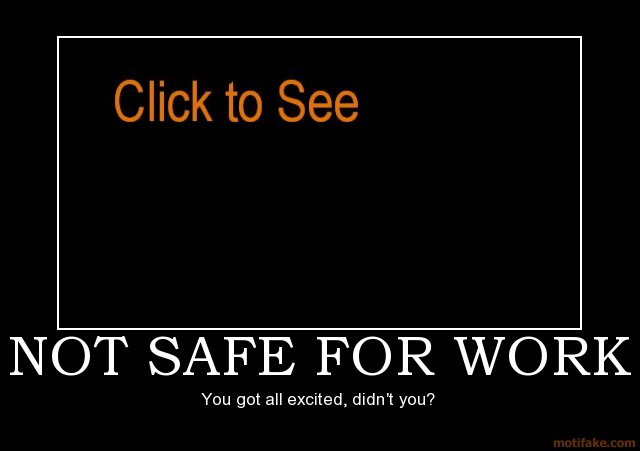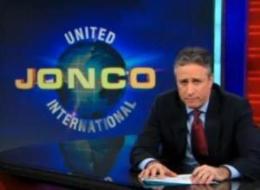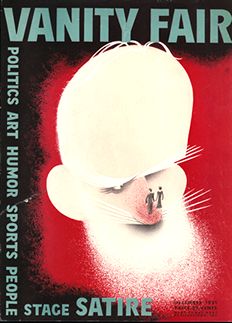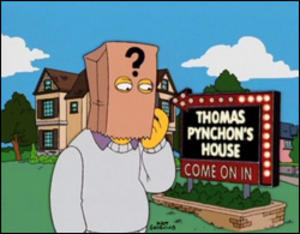httpv://www.youtube.com/watch?v=PSEYXWmEse8
The 100 Greatest Insults in the Movies.
Anyone who knows Frye well knows that he had no trouble with obscenity and in fact regarded it as creative. I was fortunate enough to hear Kingsley Joblin, Frye’s first year roommate at Burwash, tell the story of how the 17 year old Frye, with his wild mane of yellow hair, had to pass through a gauntlet of swells and bullies on his way to meals each day to taunts of “Buttercup!” One day, Joblin reported, Frye’d had enough, turned on his tormentors, and unleashed (as Joblin put it) “an Elizabethan torrent of obscenities.” The taunting ceased forthwith. It’d be nice to think that the seed of Frye’s quickly established reputation for genius was planted that day.
Frye himself refers to the story of how one of his favorite writers, Robert Burton, author of The Anatomy of Melancholy, liked to go down to the London docks to listen to the sailors swear. It isn’t obscenity Frye would object to. It is mindless profanity, the kind of verbal reflex that only communicates the absence of wit or thought:
Obscenity in language is an ornament except when it becomes routine, & in the latter event it approaches mere idiocy. The most horrid example of passivity & inertia of mind I know is Woodside’s story of the soldier who gazed into a shell hole at the bottom of which a dead mule was lying, and said: “Well, that fuckin’ fucker’s fucked.” (What sort of person is it, incidentally, whose feelings would be spared by printing the above as “that ____in’ _____er’s ____ed,” or “that obscene obscenity’s obscenitied”?) (CW 8, 10)
Fuckin’ right. And what sort of person is it exactly who could come across this phrase — “obscenity in language is an ornament” — and not feel challenged about complacent moral reflexes and the unexamined assumptions that lay behind them?
Thanks to Bob Denham’s Northrop Frye Unbuttoned, I gained quick access to this entry on “excremental vision” culled from the late notebooks. The stanza Frye refers to is from Swift’s “The Lady’s Dressing Room” (which he also refers to in the same context in Words with Power, HBJ, 263-4):
Thus finishing his grand Survey,
Disgusted Strephon stole away
Repeating in his amorous Fits,
Oh! Celia, Celia, Celia shits!
Here’s Frye:
Swift’s notorious poem on a woman’s dressing room is usually cited as simply Swift himself being obsessed by the fact that women shit: “insanity,” says Lawrence, “excremental vision,” says Norman Brown. Well, it’s that, all right: if you haven’t got an excremental vision you have no business setting up as a major satirist. But “Celia shits” isn’t Swift screaming: it’s Celia’s lover Strephon, whose love for Celia is of the insipidly idealistic kind that hasn’t taken in the fact that women, mutatis mutandis, have the same physical basis to their lives that men have. Besides, if, like the hero of Berkeley Square, one of us were to wake up in the middle of eighteenth-century London, assailed by all those unfamiliar stinks, wouldn’t we be just as nauseated? That’s the mark of the great writer: who sees his own time, but with a detachment that makes him communicable to other ages. (85)
So we might say that the obscene element in comedy and satire is derived from the universal fact that we defecate and fornicate; a humbling but, in the right context, hilarious corrective for an all too human vanity fraught with fear, shame, and resentment when it comes to perfectly natural (not to mention wholly necessary) bodily functions. As Frye notes in Anatomy, it is important that satire remind us that powerful men and beautiful women have excretory functions and sexual relations as well. It is a great equalizer: “Obscenity [is] a bodily democracy, also a danse macabre” (CW 8, 19). In the two clips in our regular TGIF post to follow shortly, for example, it is male sexuality that is the target in the first; and, in the second, anxiety about the still semi-taboo but totally mundane practice of masturbation (again, perhaps more of a male-anxiety problem: as Martin Amis notes, most men think they ought to have outgrown masturbation, but most men also discover they haven’t).
In short, nothing to be ashamed of. But plenty to laugh about.




